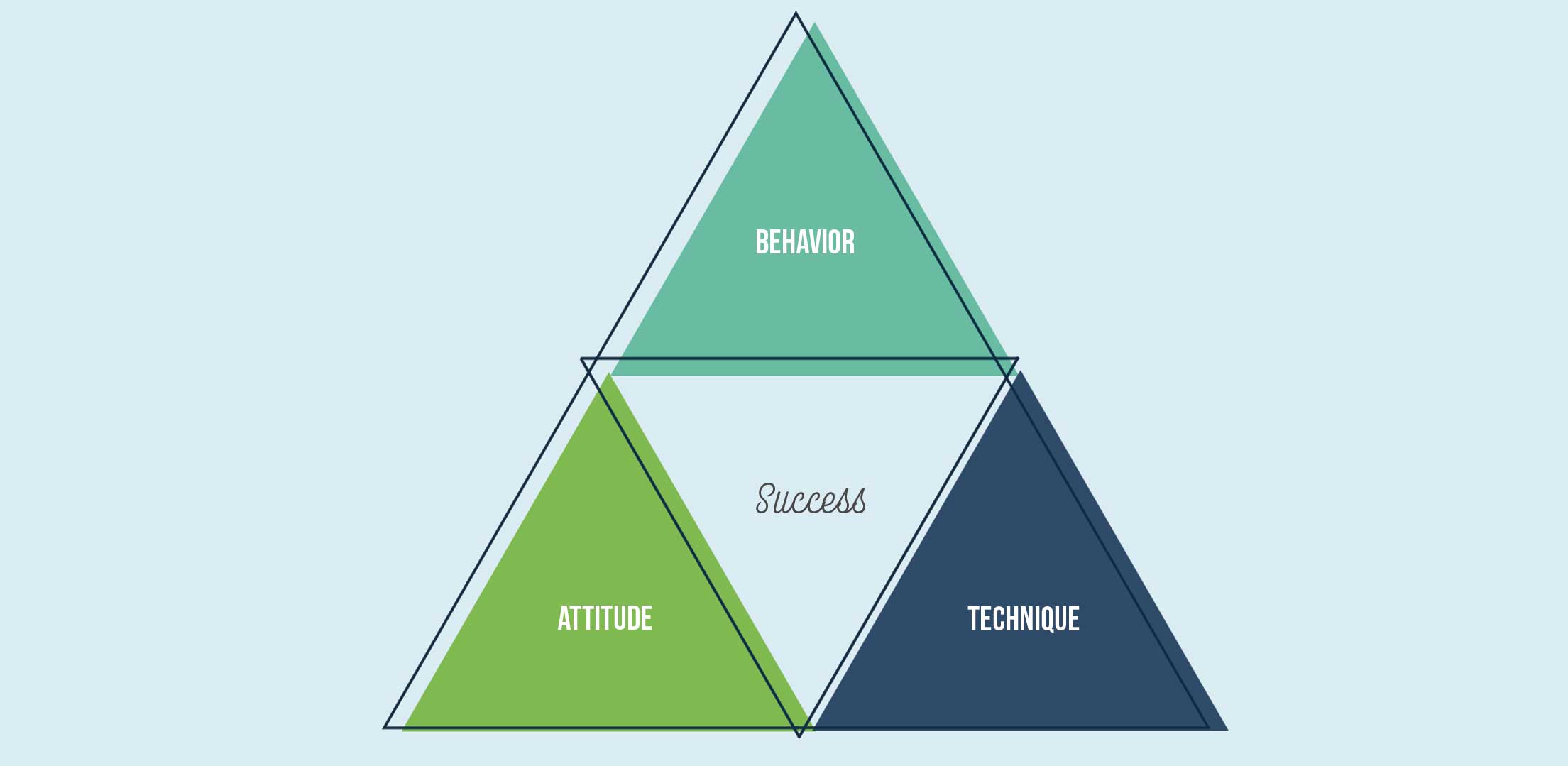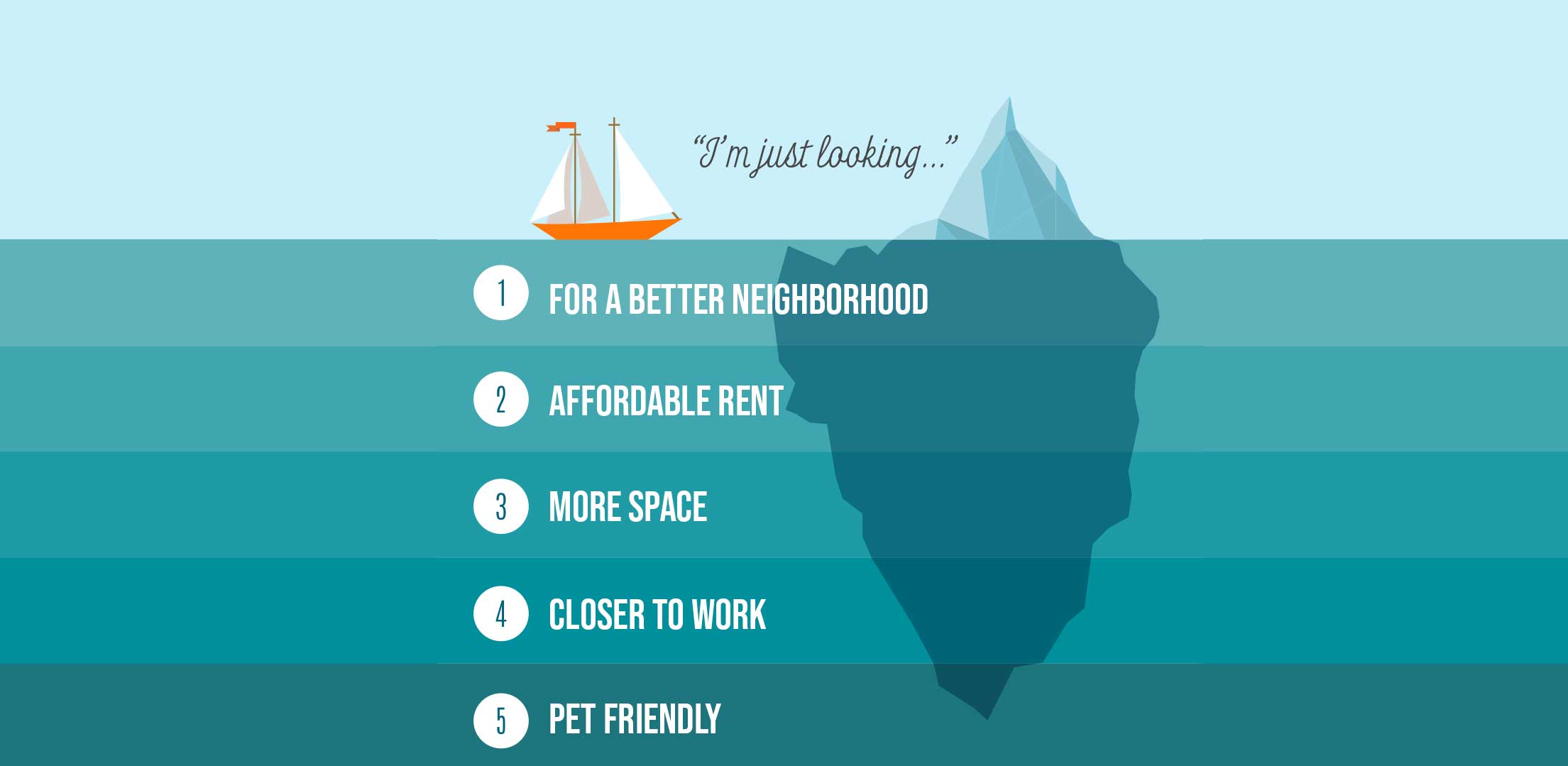Creating Content To Help During COVID-19
Recently our VP of Sales & Marketing, Sue Durfee, invited SaleFish, LLC.‘s founder, Pete Oliver to participate in a q & a style webinar regarding sales advices, strategies, and tactics. The idea stemmed from wanting to provide our clients and followers with valuable content that could help in these unprecedented times. Knowing that many of the people we work with are in sales, or at least have dotted line to their organization’s sales department, Sue thought enlisting the help of one of the top Sandler sales coaches would be of value.
Did You Choose Sales To Help People?
Incase you missed the July 23rd webinar, or just wanted more insight into what was discussed, I thought it would be good to write a post highlighting some of the talking points gone over by Sue and Pete. Sandler offers great rules and guiding principals for anyone who has chosen a profession in sales because they genuinely want to help people reach their goals. So, without further ado, here are my notes on the webinar.
View The Webinar Recording
Submit your name, email, and company to watch the recording.
Top 7 Take A-Ways From AMA Webinar
#1. The Success TrianglE

Whether you’re looking to grow your ability to sell effectively, or to improve your golf game, you can apply the success triangle to any facet of life. When your attitude, behavior, and technique are in alignment, you will reach your goal and be successful. So, if something isn’t working, identify whether it is your attitude, behavior, or technique, from there you can focus on what you need to improve to achieve success.
#2. Third Party Stories
No matter what the selling situation is, prospects will respond favorably to relatable stories. Essentially this part of the webinar covered how you want to understand “the why” of why they are looking at your community, and tell a relatable story about how your community worked out perfectly for someone who had been in a similar situation.
“Salespeople fall in love with their own products when in reality the world isn’t about us or our product – it’s about our prospects.”
#3. Digging Deeper
In order to tell third party stories that your prospects can honestly relate to, it’s critical that you dig deeper. The way to do this is by asking questions to uncover the pain they are truly feeling.
Essentially, the reasons you understand for why they are in dialogue with you are just the tip of the iceberg. If you want to truly know whether or not you can help, you have to get to the why.

#4. Go For The No
At the end of the day, you don’t want to waste anyone’s time any more than you want your own time wasted. For this reason, and so many more, the “go for the no” sales strategy is highly effective. Basically, this is where you develop an upfront contract with the person or people you are selling to. In this contract you state simply that if by the end of the conversation they don’t think it is a right fit, it’s ok to say so.
“The good thing about the go for the no principal is that you’re asking for the truth, which is really what you want out of any relationship.”
#5. Planning and Preparation
Planning and preparation has a lot of components that should not be overlooked. First and foremost, ask yourself what it is that you want to get out of the meeting, tour, or phone conversation. Ask questions such as:
-
- What will the agenda for this meeting be?
- What do I want to get out of this?
- What to they want to get out of this?
- What questions are they most likely to ask and how will I answer?
- What questions am I going to ask them?

In addition to having the above questions mapped out, if you can, you also want to understand the person or people you are selling in order to communicate most effectively. Commonality is so important to creating a relationship with a foundation of trust. Instead of the golden rule, treat others how you want to be treated, when selling, treat others how they want to be treated. This means that you should be able to relate to and mirror their personality. A great place to begin understanding this is to research the DISC personality assessment. If you are not familiar with DISC, you can take a DISC personality test online for a better understanding. When you can categorize how people are, you can easily find common ground to build a relationship on.
#6. Creating the Perfect Cookbook
Even before your pre-work planning, there are things you can do to generate the activity that leads to a meeting or tour. Sandler calls this list of ideal activities your cookbook. Creating the perfect cookbook is about evaluating what activities you do that generate the most success. And just like recipes in a cookbook, knowing the right amount of certain activities and principals to put into your pot is vital for the dish to come out just right.
Of course, the cookbook is always changing – just like the world we live in. Whereas networking events and open houses might have been a huge factor in your activity generating plan pre COVID-19, virtual tours and phone conversations might be currently replacing those ingredients all together. Understanding what activities to put in your cookbook is about trying things out and measuring successes and failures.
#7. The Pendulum Theory
Picture a pendulum on a clock: 3 o’clock means it’s sold and 9 means it’s over. First, you always want to make sure the pendulum is swinging, because when there is no motion, there is no point in sales.
Second if you want to get pendulum to 3, it’s important to be on the left side of the pendulum – you do not want to be on the right. This is because in order to get the pendulum to 3, you want to push, not pull. This theory is complicated, but the summary is that by staying to the left you have to do less convincing. If the prospect convinces themselves, the deal is closed. Check out this LinkedIn article for more details:
Additional Advice
Communication and the Parent/ Child Relationship
In the 1950’s psychologist, Eric Berne, created the theory of Transactional Analysis. This psychoanalytic theory is a proven method of effective communication. It states that every person interacts from 3 ego states, which are: The child ego, the adult ego, and the parent ego. According to Berne, the child ego is the part of self that makes a decision, it says, I want this. The adult ego is the rational mind that steps in and questions the decision being made, and the parent ego is the scrutinizer of the decision.
In sales, we can use this theory to communicate more effectively. The idea that any critical parent communication is going to illicit a rebellious child reaction can remind us to be gentle and reinforcing when we are dealing with prospects. It is important to show understanding and to offer compliments and constructive feedback (only if necessary).
Asking for a Referral
The example of how to ask for a referral using the acronym SEAM below is taken from a potential scenario in senior living:
SEAM
- S = Stroke – You might say something like, “I really appreciate your participation in the community.”
- E= Experience – “In our experience our best residents come from our residents.”
- A = Asking – “Do you know anyone from the area who is considering senior housing as an option?”
- M = Match to their world.
Overcoming the “I’m Just Looking” Objection
If somebody says, “I’m just looking,” the pendulum mentioned above isn’t even moving yet. In order to put it into motion you have to ask questions that dig deeper into their pain. Why are they looking?
In order to overcome this, it’s important to get a real conversation started about what “just looking” means. You can do this by saying something like, “that makes sense. Can you help me understand what that looks like. What are you looking for?”
At some point it goes from an intellectual conversation to an emotional one, and that is the moment the pendulum begins to swing.
Conclusion
I hope you enjoyed my summary of the main points of this webinar. For any questions regarding these ideas, please reach out to Peter Oliver at peter.oliver@sandler.com.
Cheers, Amanda





